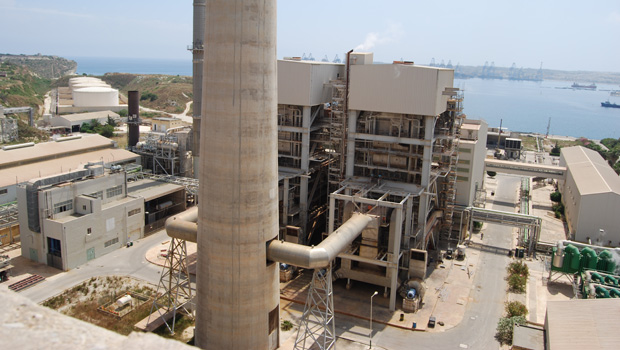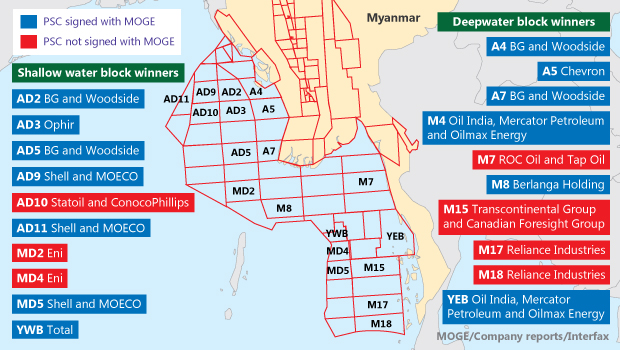Malta’s FSRU underway despite oil price drop
 The FSRU will provide gas to a CCPP at the Delimara power station in southeast Malta. (Felix König)
The FSRU will provide gas to a CCPP at the Delimara power station in southeast Malta. (Felix König)
The FSRU planned for the Maltese port of Delimara looks to be progressing, despite a more challenging investment climate following the oil price drop. The FSRU is part of the Maltese government’s plan to phase out the use of heavy fuel oil and switch to using gas for power generation.
Malta is not interconnected with any other country and has no indigenous energy sources. Consequently, it relies completely on imports.
While the oil price collapse has affected investment in FLNG projects, regasification facilities such as the one in Malta, tend to be much cheaper than export plants.
"Contractors in the oil industry try to renegotiate contracts in this new pricing environment, but this doesn’t seem to be the case here and the consortium seems to be going ahead with the project, despite the lower oil price environment," Alistair Mackie, a partner at Holman Fenwick Willan who specialises in FSRUs and FLNG, told Interfax.
"[Nor does there seem] to be a strategic decision to push the project back, which is also common when prices drop," Mackie added.
Malta plans for the FSRU to provide gas for a new 210 MW combined-cycle power plant (CCPP) owned and operated by ElectroGas, located at the existing Delimara power station near Marsaxlokk, in southeast Malta.
The regasified LNG will also supply state-owned Maltese utility Enemalta’s existing 149 MW power plant, which will be converted to operate on gas.
LNG will be delivered to the vessel under long-term supply agreements.
Initial operation of the CCPP – which will generate enough power to meet around 50% of Malta’s electricity demand – is scheduled for the summer of 2016, according to Siemens. The Maltese government previously said the new power plant would be fully operational by March 2015.
The ElectroGas Malta Consortium was selected by Enemalta in 2013 to build, own and operate the CCPP and construct the FSRU. The consortium is made up of Germany’s Siemens Project Ventures (20%), Azerbaijan’s SOCAR Trading (20%), UK-based Gasol (30%) and local investor group GEM Holdings (30%).
The project has backing from the European Commission. "LNG terminals are of strategic importance for Europe, where they can bring more diversification and end energy isolation," EU energy spokeswoman Anna Kaisa Itkonen told Interfax.
"In this respect it is worth mentioning the floating LNG terminal in Malta, with a pipeline going to Sicily, is also among the current projects of common interest," Itkonen added.
LNG is seen by Brussels as a key alternative to increasing gas supplies in case of serious shortfalls. However, there is no common framework in place for an EU-wide LNG strategy.
A shortfall in Russian gas volumes in particular could be replaced with additional LNG imports – with the fuel’s share of the supply mix increasing by 130% in the most extreme scenario from 24 billion cubic metres to 56 bcm, according to the EU’s Energy Security Strategy.
Nevertheless, the utilisation rate of LNG terminals remains low across Europe. LNG imports from Qatar and Nigeria peaked at about 20% in 2013, but have since dropped to around 15% because of higher prices in Asia, according to the strategy document.
Interconnections
In addition to the switch to gas for power production, a 200 MW interconnector from Malta to Sicily is in its final testing phase.
The interconnector comprises a 120-km high voltage, bidirectional line, transferring 200 MW of electricity. In Sicily, the interconnector is linked to the Italian network in Ragusa and the submarine cable lands at Qalet Marku, in Malta.
Malta’s electricity consumption has steadily increased over the past 10 years and the country’s economy is projected to continue to grow with a further increase in demand. However, the cost of electricity in Malta is relatively high at €0.18/kWh ($0.20/kWh) so it is hoped imported LNG will make it more affordable.









